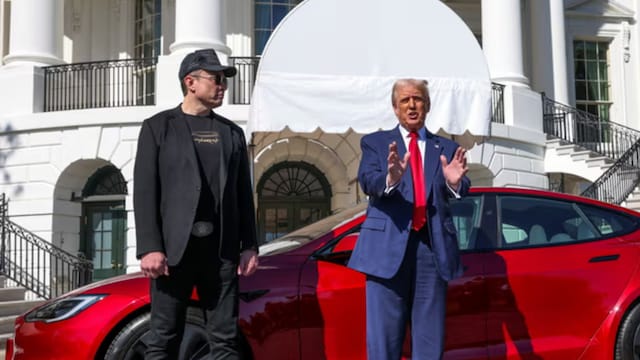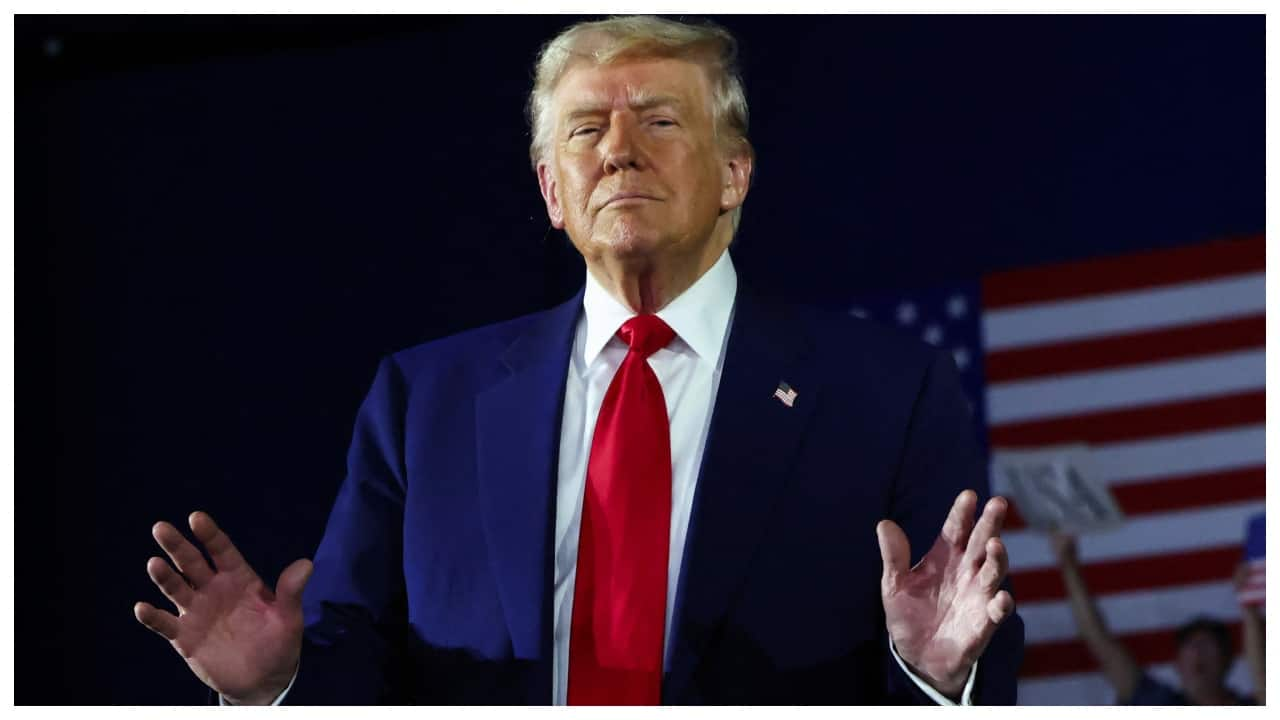Trump and South Korean President to Negotiate New Tariff Agreement
U.S. President Donald Trump and South Korea's newly elected President Lee Jae-myung held their first phone call following Lee's election, agreeing to promptly work towards a mutually acceptable deal on tariffs, Lee's office announced. President Lee, a liberal, succeeded former conservative President Yoon Suk Yeol, who was impeached over a martial law declaration. South Korea, despite a bilateral free trade agreement, has been significantly impacted by Trump's broad tariff policies. These policies have included measures such as those on imported steel and aluminum and have generated widespread discussion and concern across various U.S. economic sectors. For instance, entities like Delta Air Lines have issued warnings about the potential repercussions of new tariffs on items such as commercial airplanes and related parts, particularly in the context of ongoing national security investigations into imports. This complex tariff environment forms the backdrop to the U.S.-South Korea talks.
During their conversation, both leaders emphasized the urgency of resolving tariff consultations to achieve an agreement satisfactory to both nations, encouraging working-level negotiations to "yield tangible results." The outcome is critical for South Korea's export-reliant economy, heavily exposed to global trade. South Korea had previously, in April, agreed to prepare a package by early July to eliminate levies before a 90-day pause on Trump's tariffs expired, but administrative changes in Seoul interrupted this progress.
President Lee has identified U.S. trade negotiations as the "most pressing matter" for his administration. His team signaled plans to seek more time for these negotiations, stressing the U.S.-South Korea relationship's importance. Beyond tariffs, President Trump has historically pressed South Korea for increased financial contributions for the over 28,000 U.S. troops stationed there.
Concerns have also surfaced among Trump's allies regarding President Lee's more conciliatory approach to China. U.S. officials have warned that China poses a threat in the Indo-Pacific. Lee aims for amicable relations with China and North Korea, acknowledging China as a key trading partner while being cautious on Taiwan Strait security tensions. U.S. Defense Secretary Pete Hegseth recently noted the complexity for nations attempting to balance economic ties with China and defense cooperation with the U.S., warning it could complicate defense cooperation.
President Trump invited President Lee for a U.S. summit, with a meeting anticipated soon, possibly at the G-7 summit in Canada later this month. On a personal note, they discussed surviving assassination attempts last year—Lee Jae-myung underwent surgery after being stabbed in the neck in January, while Trump was wounded in the ear from a gunshot during a campaign rally in July—and their shared enthusiasm for golf. The call signifies a crucial step in navigating the complex trade and security landscape between the two allies.











